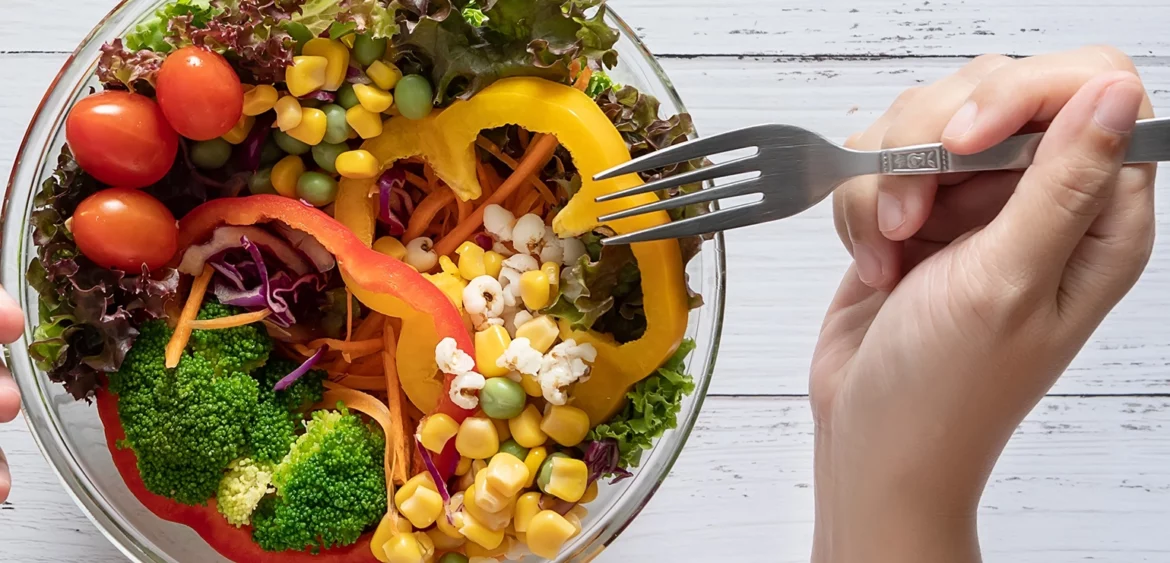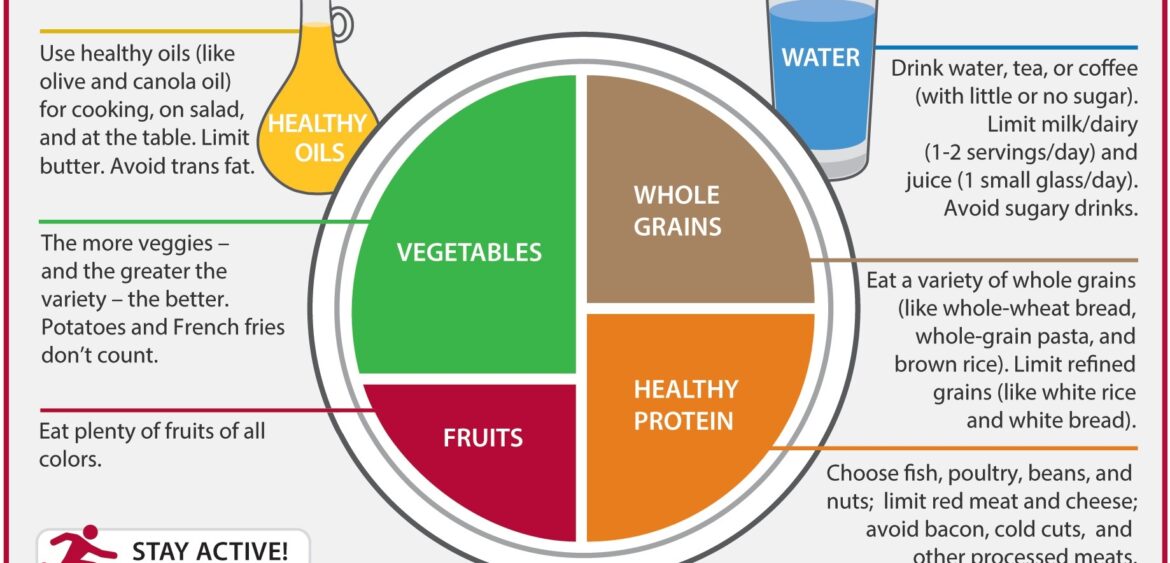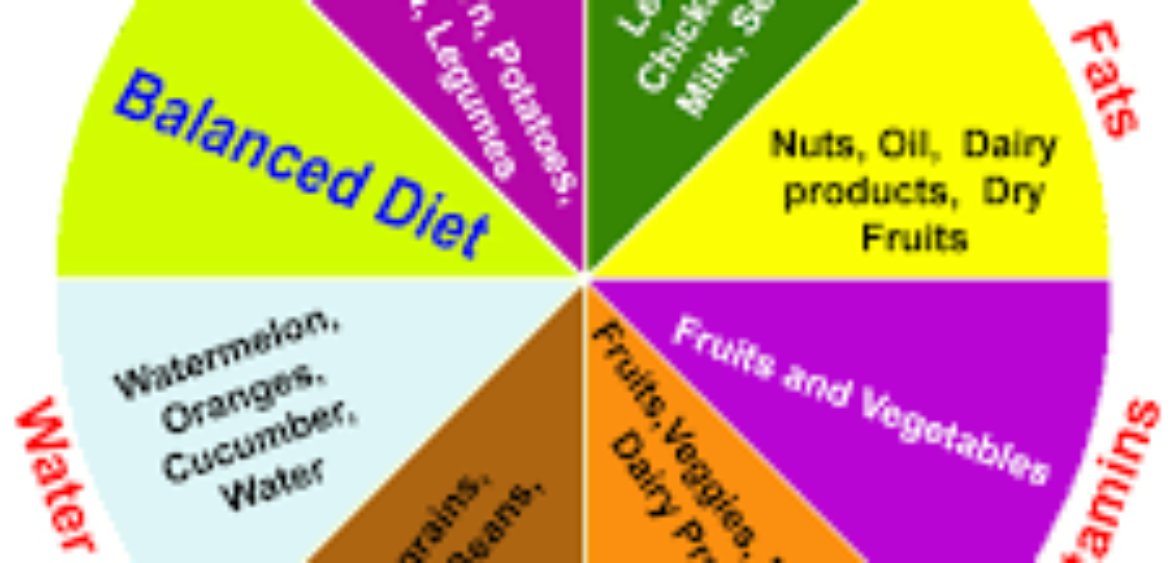How to be healthy? you’ve probably heard this advice: Eat a healthy diet. Really, though, what does that even mean? If you ask many followers of the trendy ketogenic diet, it means shunning sweet potatoes and quinoa in favor of cheese and coconut oil. For another person, it might mean avoiding sugary foods like ice cream and candy at all costs. And someone else may tell you to avoid all dairy and nix gluten.
The problem is, this back-and-forth about what’s truly healthy can cause a whole lot of confusion, not to mention prompt people to try unsustainable and unnecessarily restrictive diets in the name of health. If that’s you, there’s no need for embarrassment: Just be relieved to learn that healthy eating is far simpler than you may think.
Healthy vs. Unhealthy Eating Habits: What’s the Difference?
“What I promote to clients is a whole-foods diet, meaning, eat foods as close to their original form as possible,” says Alicia Galvin, RD , who’s based in Dallas. When food is processed or refined, it’s stripped of most of its fiber, vitamins, and minerals, and often preservatives are added in their place, she explains.
A plant-based eating pattern is the way to go. “Studies show that people who consume a more plant-based diet have a lower risk of all the chronic diseases,” says Heller. Case in point: A study published in August 2019 in the Journal of the American Heart Association found that people who stick with plant-based eating patterns have a 16 percent lower risk of developing heart disease, possibly because these diets tend to include more heart-healthy fiber and nutrients like potassium, while limiting intake of saturated fat and cholesterol. The definition of plant-based eating can vary, but can include vegan (no animal products), raw vegan (no animal products and only raw foods), vegetarian (no
meat), or even flexitarian (eating vegetarian most of the time).
Also key: cultivating a happy relationship with food. “Food is not the enemy,” says Galvin. Rather than focus on what you shouldn’t be eating, think about what you can add to your plate that will improve your health, like nuts for heart-healthy monounsaturated fatty acids or raspberries for their fiber and antioxidants.
RELATED: 9 Scientific Benefits of Following a Plant-Based Diet





Sorry, the comment form is closed at this time.